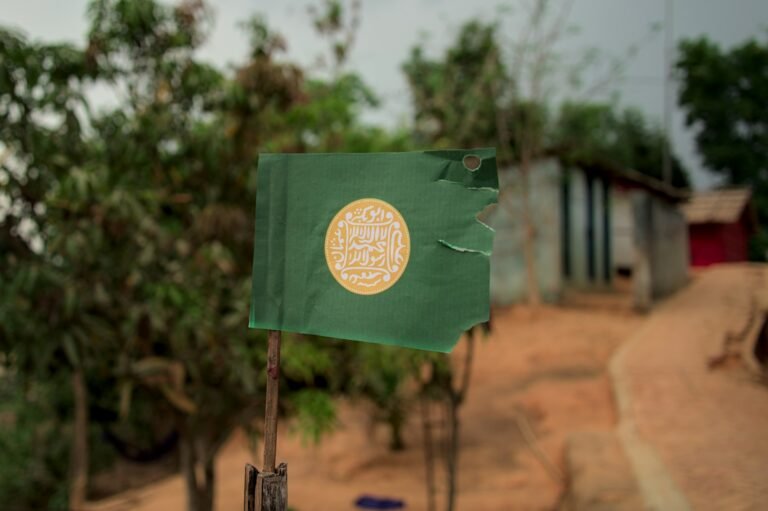Wednesday 25th – Friday 27th February 2026
Max Planck Institute for Comparative Public Law and International Law, Heidelberg
Conference theme
The current international order is in a turmoil. Resistance against breaches of international law is weak, not the least because of widespread contempt for this law. At the same time, the use and manipulation of emotions by political leaders is growing, as are their attacks on international law. This subversion concerns especially the aspiration for a law that is not only applied across the globe but also shared by all populations and is in that sense “universal”.
The conference seeks to explore how, whose, and which emotions contribute to the current erosion of effectiveness and credibility of international law. How is the construction of emotions shaped across time, place, and culture? Can we identify emotions that contribute to strengthening and weakening international law’s claim to universality?
The conference seeks to develop “International Law and Emotions” as a new research field: International law is a law in “e-motion”; a legal system and a legal discipline oscillating between the fears of “coexistence”, the hopes of “cooperation”, and the “sense of belonging” in a universal global society.
The MPIL invites doctoral and postdoctoral researchers to apply as “engaged listeners”. Engaged listeners will not give a talk but are expected to participate actively in the discussions and will be listed in the conference’s programme. All accepted engaged listeners will be admitted to the conference including meals free of charge. For engaged listeners who have exhausted other potential sources of funding, travel costs and accommodation in Heidelberg could be covered upon request and depending on the availability of funds.The PDF version of the Call for Engaged Listeners is here.
Convenors: Professor Anne Peters, Dr Elia Alexiou, Bernadette Lumbela and Caroline Schaeffer.
Speakers and participants from law, psychology, anthropology, sociology, political science, history, literature, and computational linguistics.
Selected papers will be published in an edited volume.
Please apply exclusively via our online application system with CV and letter of motivation (max. 500 words) by 31 October 2025. Selection is based on demonstrated interest and expertise in the conference theme. Engaged listeners from non-legal disciplines are particularly encouraged to apply. Notifications about acceptance will be sent out by 10 November 2025.
More information can be found on the conference website.
Contact (for inquiries only, not for applications): apeters-office@mpil.de; alexiou@mpil.de
This conference is generously supported by the Fritz Thyssen Foundation.
Date and venue
Thursday and Friday, 26-27 February 2026: Max Planck Institute for Comparative Public Law and International Law, Heidelberg.
Wednesday evening, 25 February 2026: public launch event, DAI (Deutsch-Amerikanisches Institut), Heidelberg.
Image credit: Freepik





